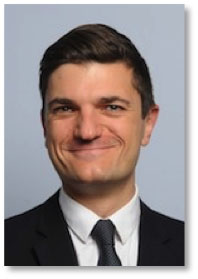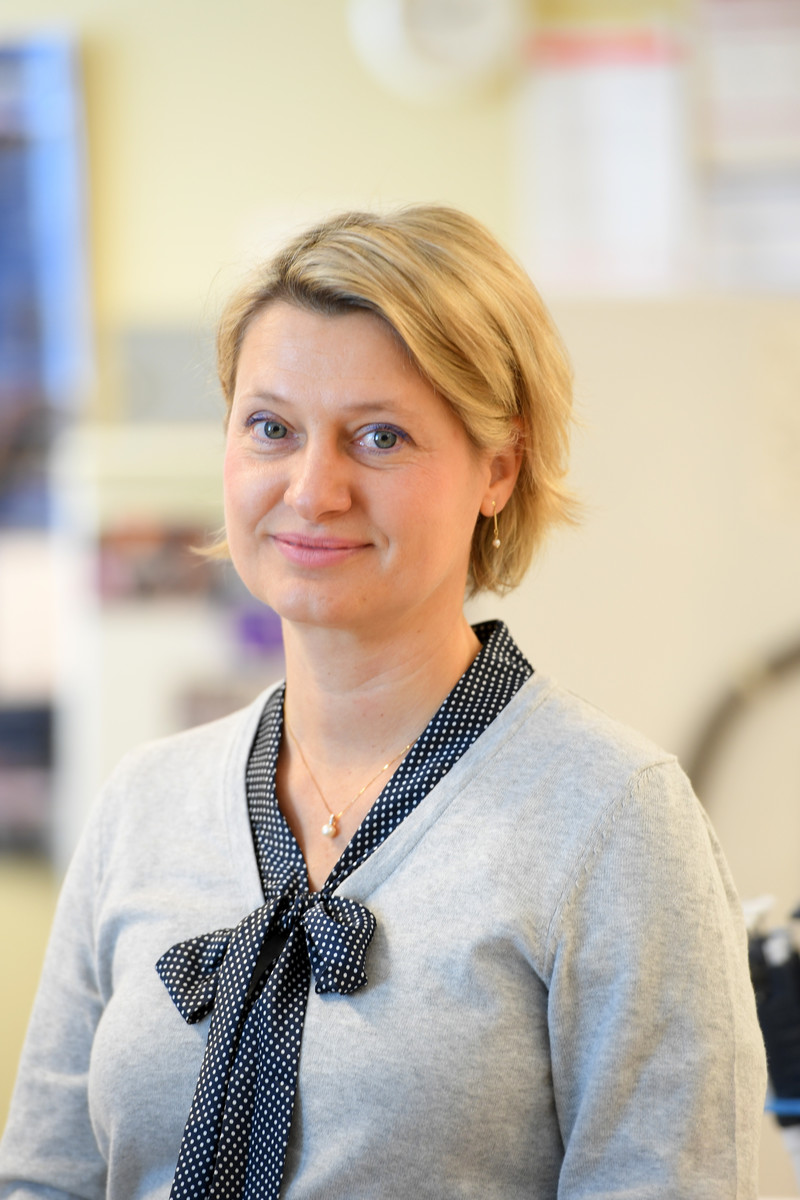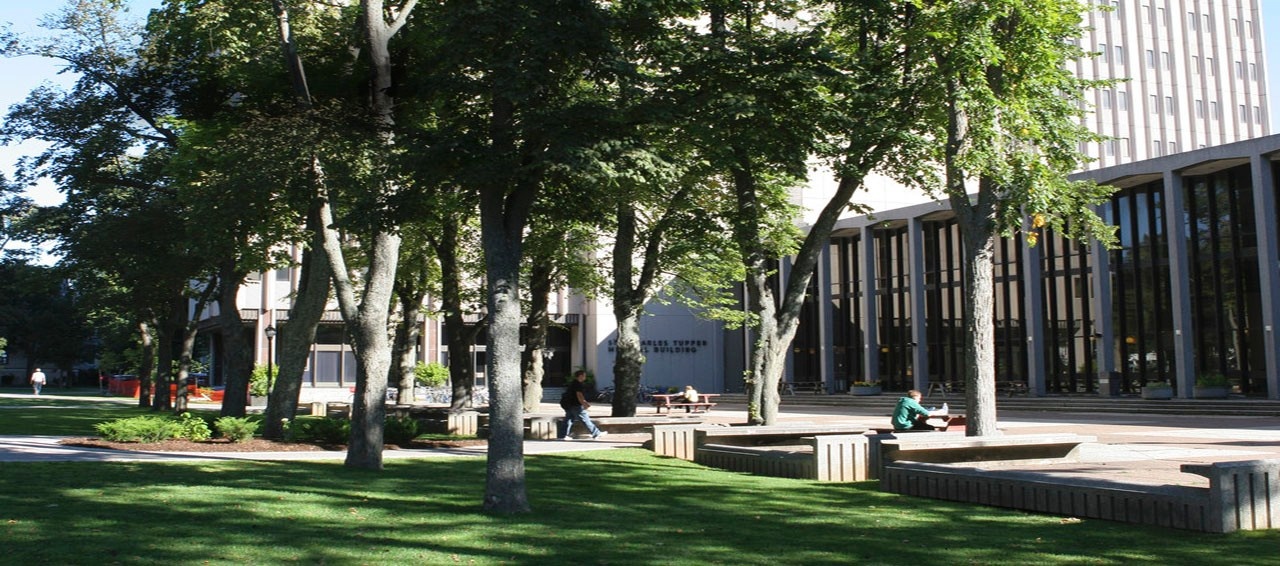Our Team
Dr. Jean Marshall, PhD, Professor, Department of Microbiology & Immunology, Dalhousie UniversityDr. Jean Marshall (Dalhousie University) is Canada's top academic immunologist and internationally recognized mast cell biologist with extensive experience in studies of mechanisms of inflammation. She brings extensive administration experience from her time as Department Head of Microbiology and Immunology. Research Interests
Email: jean.marshall@dal.ca |
|
 |
Dr. Michael Bezuhly, MD, Assistant Professor, Division of Plastic and Reconstructive Surgery , Department of Microbiology & Immunology, Dalhousie UniversityEmail: mbezhuly@dal.ca Research InterestsDr. Bezuhly joined the IWK Health Centre in January 2012 as an attending craniofacial and plastic surgeon. His principal clinical interests include craniofacial remodeling, cleft lip and palate repair, ear reconstruction and obstetrical brachial plexus reconstruction. He is the primary plastic surgeon on the Cleft Palate Team and has helped to establish the multidisciplinary Craniofacial Clinic at the IWK. As a clinician-scientist, he has numerous peer-reviewed publications and holds several research grants. He continues to pursue the epidemiological research in which he was involved during his graduate studies at Harvard University. He also conducts laboratory research into novel treatments for abnormal scars, the link between clotting and cancer spread, and the use of stem cells to improve craniofacial healing. External Website: |
 |
Dr. Beata Derfalvi, MD, PhD, Associate Professor,Department of Pediatrics , Department of Microbiology & Immunology, Dalhousie UniversityResearch Interests
|
 |
Dr. John G. Hanly, MD, Professor, Department of Medicine, Department of Pathology; Dalhousie UniversityResearch InterestsDr. Hanly’s major research foci are pathogenic mechanisms and clinical outcomes in systemic lupus erythematosus, with emphasis on how lupus affects the brain and other parts of the nervous system. Dr. Hanly also collaborates on studies of pathogenic mechanisms in patients with rheumatoid arthritis. He belongs to several national and international research networks involving clinical studies of systemic lupus erythematosus and received the Distinguished Investigator Award 2018 from the Canadian Rheumatology Association. Email: john.hanly@nshealth.ca
|
  |
Dr. Thomas Issekutz, MD, Professor, Department of Pediatrics , Division of General Internal Medicine, Department of Microbiology & Immunology , Department of Pathology, Dalhousie University |
  |
Dr. Brent Johnston, PhD, Associate Professor, Department of Pediatrics, Department of Microbiology & Immunology, Dalhousie UniversityResearch InterestsThe research in Dr. Johnston’s laboratory is focused on factors and cells that regulate the immune system in autoimmune disease and cancer. The laboratory studies white blood cell trafficking, activation, and effector functions in disease models. The current focus is on harnessing the immunoregulatory activities of a subset of white blood cells called natural killer T (NKT) cells to either boost beneficial immune responses (cancer) or dampen pathogenic immune responses (arthritis). Email:brent.johnston@dal.ca
|
Dr. Bob Bortolussi, Professor Emertius, Dalhousie UniversityResearch InterestsDr. Bortolussi is a former Vice President of Research of the IWK Health Centre and is Professor Emeritus of Paediatrics at Dalhousie University. He edited “The Handbook for Clinician Scientists” which is used in many Universities in Canada and as part of the MicroResearch Curriculum. He is a fellow of Canadian Academy of Health Sciences and President of the Global Health Section of the Canadian Paediatric Society. He is presently the editor of Clinical and Investigative Medicine (CIM). External Website
|
|
 |
Dr. Jason McDougall,PhD Professor, Department of Pharmacology, Department of Anesthesia, Pain Mgmt & Perioperative Medicine, Dalhousie UniversityDr. McDougall is an international expert on inflammatory mechanisms. Using animal models of rheumatoid .arthritis, osteoarthritis and joint injury, Dr. McDougall's laboratory employs an integrative approach to examine the role of nerves and neurotransmitters in controlling joint inflammation and pain. Email: Jason.mcdougall@dal.ca |
 |
Dr. Nikhil Thomas, PhD, Professor, Department of Microbiology & Immunology, Division of Infectious Diseases, Dalhousie UniversityEmail: |
 |
Dr. Lisa Barrett, MD, PhD, FRCPC, Assistant Professor, Division of Infectious Diseases, Department of Medicine, Department of Microbiology & Immunology, Department of Pathology, Dalhousie UniverisityResearch InterestsDr. Lisa Barrett studies immune responses in chronic and persistent viral infections (HIV, CMV, HCV); the role of chronic viral infection in chronologic and immunologic aging; interactions between innate and adaptive immunity in chronic viral infection and the modulation of the immune response to generate therapeutic and prophylactic vaccines in persistent viral infections. Clinically Dr. Barrett is also interested in treating viral infections in underserved and incarcerated populations. External Website:The Senescence, Aging, Infection & Immunity Laboratory (SAIL) Website |
Dr. Jeanette Boudreau, Assistant Professor, Department of Microbiology & Immunology, Department of Pathology, Dalhousie UniversityWith a focus on the roles of human immunogenetic diversity and environmental factors, The Boudreau laboratory investigates natural killer (NK) lymphocytes and their role in health and disease. We use humanized animal models and samples from volunteer human donors to investigate the roles and responses of NK cells in health and disease. Our team collaborates with other research groups and physicians to understand how NK cells modulate disease processes, and may be recruited or modulated for immunotherapy of disease. External Website:Jeanette Boudreau Dalhousie University Profile Email: |
|
 |
Dr. Zhenyu Cheng, Associate Professor, Department of Microbiology & Immunology, Dalhousie University
Research InterestsDr. Cheng utilizes systems biology approaches to study the pathogenesis of infectious diseases. His research is relevant to multiple I3V research priorities including antimicrobial resistance, existing and emerging microbial threats, improved diagnostics directly related to infection and immunity, and inflammation. His goal is to identify signalling components in host immunity and bacterial pathogenesis pathways that can be exploited to treat pathogenic infections and enhance host immunity. Pseudomonas aeruginosa infection and chronic inflammation in Cystic Fibrosis is a major translational research focus for Dr. Cheng. External Website:Zhenyu Cheng Dalhousie University Profile
|
.jpg) |
Dr. Christian Lehmann, MD, FRPCP, Professor, Department of Anesthesia, Pain Mgmt & Perioperative Medicine, Department of Microbiology & Immunology, Department of Physiology and Biophysics, Department of Pharmacology; Dalhousie University
|
 |
|
 |
Dr. Jun Wang, Associate Professor, Department of Microbiology & ImmunologyDr. Wang is an Associate Professor in the Department of Microbiology and Immunology and the Department of Pediatrics, Faculty of Medicine at Dalhousie University, and a full member of the Canadian Center for Vaccinology, IWK Health Centre. The research conducted in Dr. Wang’s laboratory aims to understand the immune regulatory mechanisms underlying host responses to infections and cancer with the ultimate goal of knowledge translation into the development of prophylactic and therapeutic vaccines. The primary focus in recent years is to dissect the role of regulatory T and B cells in regulating protective immunity and pathological chronic tissue inflammation in murine models of Chlamydia infection. Another research focus is to understand how interleukin-17 receptor signalling is involved in cancer-related chronic inflammation, and cancer metabolism using both in vitro and in vivo tools. |
 |
Dr. Yuan Zhou, Associate Professor, Department of Anesthesia, Pain Management & Perioperative Medicine
|


